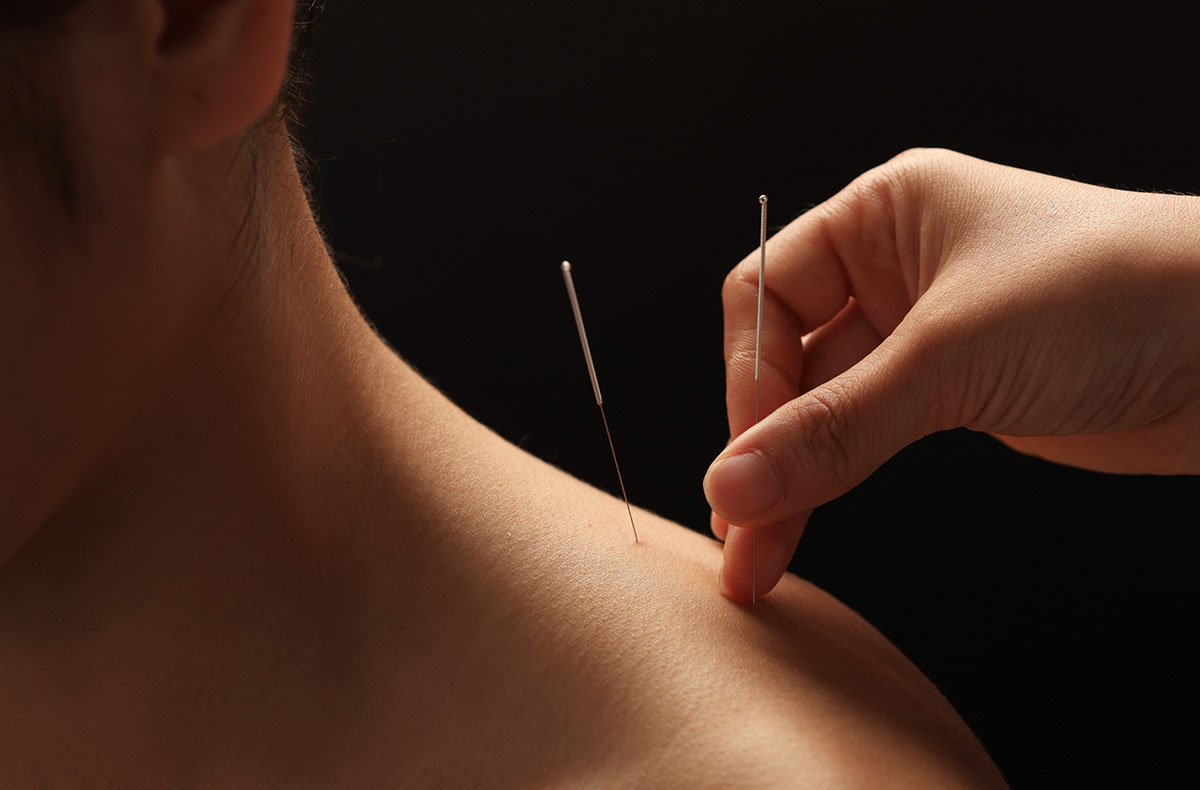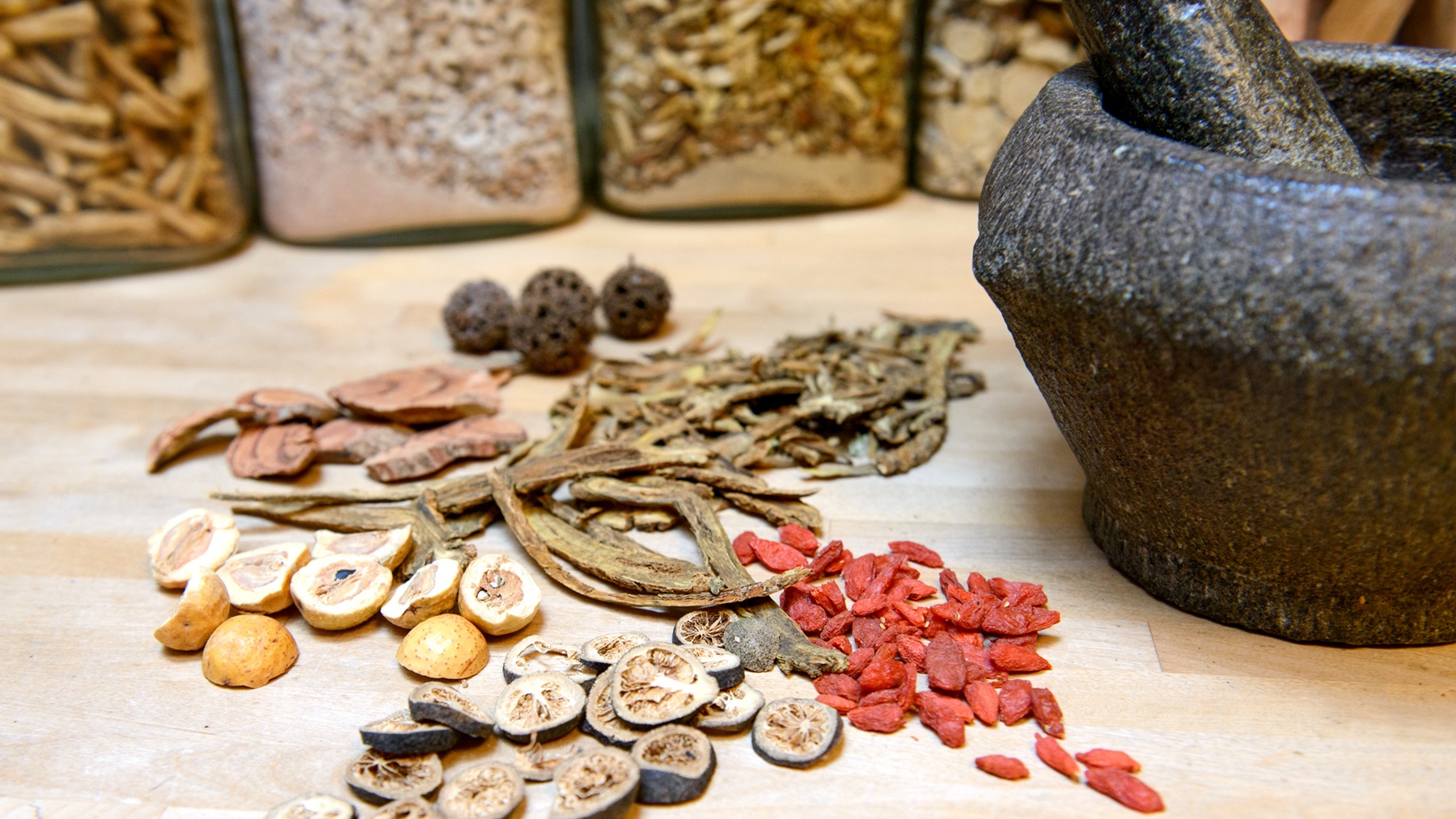HOW CAN ACUPUNCTURE HELP YOU?

TRADITIONAL CHINESE MEDICINE (T.C.M)
Traditional Chinese Medicine includes acupuncture, moxibustion, phytotherapic pharmacology, cupping,
Chinese massage, osteo-articular mobilization (Qi Gong e Tai Ji Quan) and dietetics.
 ACUPUNCTURE
ACUPUNCTURE
In the western world acupuncture represents the best-known component of Traditional Chinese Medicine. It is a treatment that stimulates specific points on the body by inserting very thin needles sterile and disposable along the meridian system, which, according to TCM, presides over the balance of the energy flow.
MY PHILOSOPHY
The origins of TCM can be traced back to the ancient philosophical culture of Taoism. In spite of developing from completely different roots, it is my firm belief that the approaches of TCM and WM can be integrated and are in fact complementary. Their integrated and synergic application often leads to a significant improvement of symptoms and consequently to a marked improvement of the patient’s quality of life, as the reduction in the posology of western medicines allows to diminish the frequent side effects.
MAN AS A COMPLEX ACTIVITY
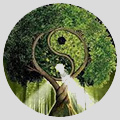
Disease being caused by a disruption of the energy balance,
it is necessary to consider the many pathogens that can attack our body.
HEALTH FOLLOWS THE LAWS OF NATURE

We are a microcosm inside a macrocosm of which we follow laws and dynamics. Our body is permeated by the energy flow governing the universe.
WE CURE THE SICK, NOT SICKNESS
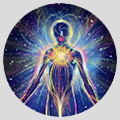
Illness is often considered and treated as an entity separate from the patient. As a matter of fact, a medical treatment cannot set aside the evaluation of many factors: physical, emotional, social as well as spiritual. Even anger, stress and sadness are feelings that consume vital energy and negatively influence immunity.
WELL-BEING AS HARMONIOUS BALANCE

If vital energy (Qi) circulates in a fluid dynamic way, then our body and our mind are well-balanced, which is where well-being comes from.
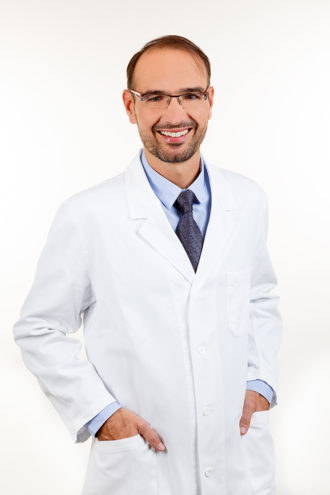
ABOUT DR DAVIDE FELICI
The specific University degree in General Medicine was followed by years of clinical practice in the sector of emergency – urgency, which implied the evaluation and management of innumerable patients suffering from the most various pathological syndromes. This experience played a crucial role in building up the capability to manage clinical situations in the best way, from immediate surgery or pharmacological treatment to long-term pathology requiring complex and integrated diagnosis and therapeutics.


